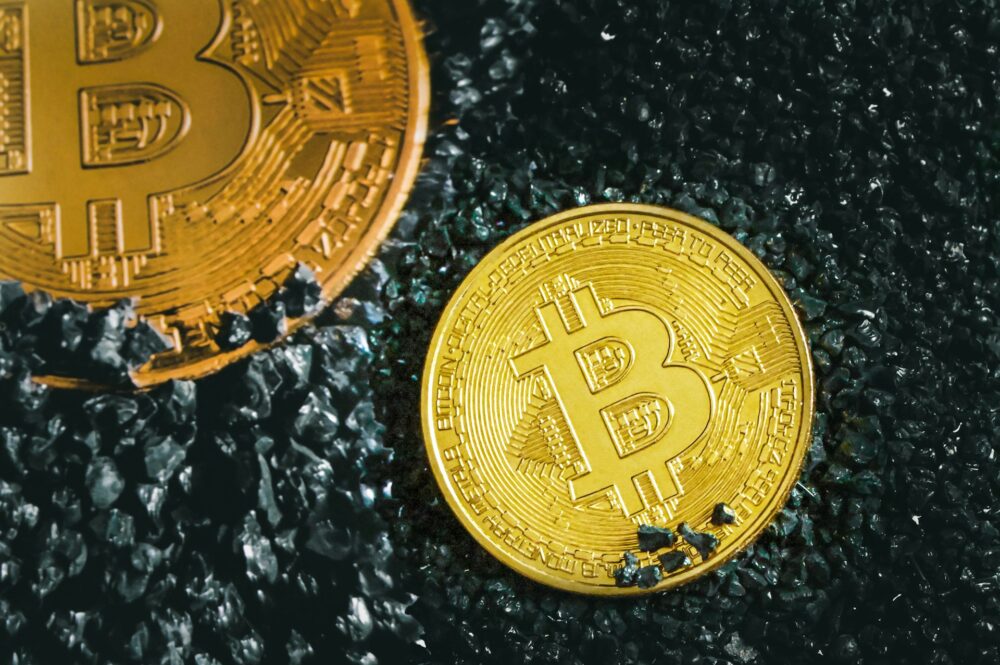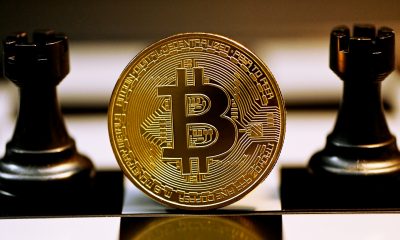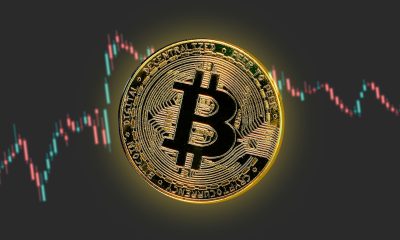Crypto
President Bukele Celebrates with a Bitcoin that Is Approaching the $100,000 Barrier
Since adopting Bitcoin as legal tender in 2021, El Salvador’s crypto holdings have grown from $138 million to $560 million amid Bitcoin’s rally. Despite initial criticism, President Bukele remains confident, benefiting from increased reserves. However, volatility concerns persist, and IMF negotiations remain strained over Bitcoin’s legal status, though Bukele may gain support during Trump’s term.

For the first time in the history of Bitcoin, the token is approaching $100,000 per unit, and there is possibly no one happier in the world than Nayib Bukele. The president of El Salvador, one of the smallest countries in Central America, with only 6.4 million inhabitants, and an economy the size of Antioquia’s, $34.02 billion GDP in 2023, is today the success story for the main cryptocurrency.
In September 2021, Bukele began investing in Bitcoins, and by June of the following year he had already purchased 2,300 tokens. El Salvador’s “wallet” had accumulated purchases for US$138 million, and with the crypto rally, its reserves in that digital asset are now worth almost US$600 million.
Bukele is proud of the move
Two days ago, Bukele uploaded a screenshot of El Salvador’s crypto balance on Instagram, with a laughing emoji. Bukele was even the target of mockery when Bitcoin plummeted, in fact it became a meme for those who criticized the use of public resources to buy crypto.
Last year, for example, Bitcoin jumped from $52,684 to US$30,744 in 12 months; now, El Salvador is the government with the best reserves of the asset in America.
Bukele made this nation the first to adopt Bitcoin as legal tender in 2021, and over the course of four years, he has already made 13 token purchases, decisions that place him as one of the biggest beneficiaries of the price increase that the digital asset has had since Donald Trump was elected to a new US presidential term.
According to the count on the official website of El Salvador’s Bitcoin portfolio, as of November 12, the country’s Bitcoin reserve had already reached $515 million and at the close of Friday it registered $560 million in the Salvadoran reserve.
Regarding how the entry of Bitcoin into the Salvadoran economy can be evaluated after four years, the professor of Economics at the Universidad Javeriana, Adrián Garlati, explained that “initially, Bitcoin was not very successful in trying to get everyone to use it, because people are unaware of the use of these tools, from that point of view it was a failure. But the fact that El Salvador has it as an asset, which fluctuates like everyone else, may work for them and become more solvent, and from that point of view it may be positive, but in any case these crypto assets are very volatile, so they can rise as they are right now, but they have also plummeted.”
Another issue that has highlighted El Salvador in recent weeks is that since the US election, El Salvador’s debt has yielded 4.7%, which is higher than other emerging markets except Ukraine, and Trump’s second term is expected to help Bukele gain support for an International Monetary Fund loan.
In fact, the IMF and El Salvador have been in talks to reach an agreement since 2021, but the use of bitcoin as legal tender in the country is a point of conflict that has been reiterated by the fund.
IMF communications director Julie Kozack said it had recommended “a narrowing of the scope of the bitcoin law,” and establishing stricter regulations and less public sector exposure to the currency.
“The market has viewed El Salvador as a ‘Trump deal,’ with expectations that a stronger personal relationship between Presidents Bukele and Trump will bring benefits to El Salvador,” said Katrina Butt, an economist at AllianceBernstein.
After El Salvador, the US under Trump is expected to be the country that takes digital assets very seriously. “It won’t just be digital assets in the form of central bank-backed digital currency or stablecoins. We’re going to be true Bitcoin believers in Congress, who are looking at this from a very different set of levels, not from retail adoption.”
El Salvador also sparked the investment interest of Colombians
As of June 2024, Colombia’s investment in El Salvador reached $32 million, almost the same as the previous year’s total of $35.4 million. This reflects the national interest in El Salvador, which has exceeded $504 million in the last 12 years, and since 2019, the inflow of Colombian capital to the Central American country has grown by double digits.
The Salvadoran ambassador in Bogotá, Germán Banacek, estimates the potential for bilateral business between $600 and $900 million annually in the medium term.
__
(Featured image by Traxer via Unsplash)
DISCLAIMER: This article was written by a third party contributor and does not reflect the opinion of Born2Invest, its management, staff or its associates. Please review our disclaimer for more information.
This article may include forward-looking statements. These forward-looking statements generally are identified by the words “believe,” “project,” “estimate,” “become,” “plan,” “will,” and similar expressions. These forward-looking statements involve known and unknown risks as well as uncertainties, including those discussed in the following cautionary statements and elsewhere in this article and on this site. Although the Company may believe that its expectations are based on reasonable assumptions, the actual results that the Company may achieve may differ materially from any forward-looking statements, which reflect the opinions of the management of the Company only as of the date hereof. Additionally, please make sure to read these important disclosures.
First published in LR. A third-party contributor translated and adapted the article from the original. In case of discrepancy, the original will prevail.
Although we made reasonable efforts to provide accurate translations, some parts may be incorrect. Born2Invest assumes no responsibility for errors, omissions or ambiguities in the translations provided on this website. Any person or entity relying on translated content does so at their own risk. Born2Invest is not responsible for losses caused by such reliance on the accuracy or reliability of translated information. If you wish to report an error or inaccuracy in the translation, we encourage you to contact us

-

 Biotech2 weeks ago
Biotech2 weeks agoEurope’s Biopharma at a Crossroads: Urgent Reforms Needed to Restore Global Competitiveness
-

 Africa7 days ago
Africa7 days agoFrance and Morocco Sign Agreements to Boost Business Mobility and Investment
-

 Impact Investing2 weeks ago
Impact Investing2 weeks agoItaly’s Listed Companies Reach Strong ESG Compliance, Led by Banks and Utilities
-

 Fintech4 days ago
Fintech4 days agoFindependent: Growing a FinTech Through Simplicity, Frugality, and Steady Steps























